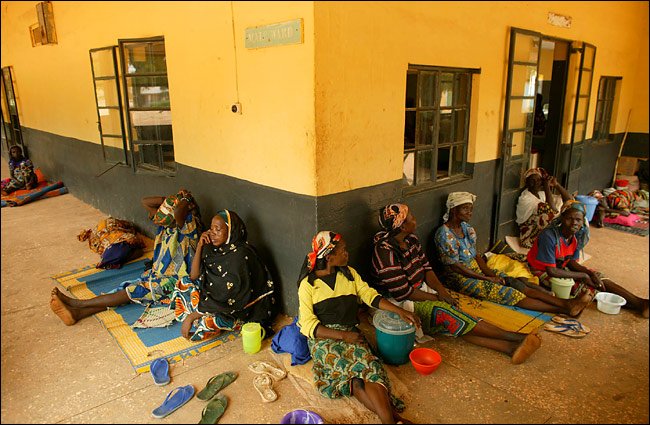Strategic health purchasing progress in sub-Saharan Africa and adjustments needed for health financing systems to become more resilient to pandemics

By: Obinna Onwujekwe, Nathaniel Otoo, Stella U. Matutina, Uchenna Ezenwaka, Augustine Kuwawenaruwa , Joël Arthur Kiendrébéogo Strategic Purchasing Africa Resource Centre (SPARC) is a hub in sub-Saharan Africa that serves as a go-to source of information, support and capacity building…

